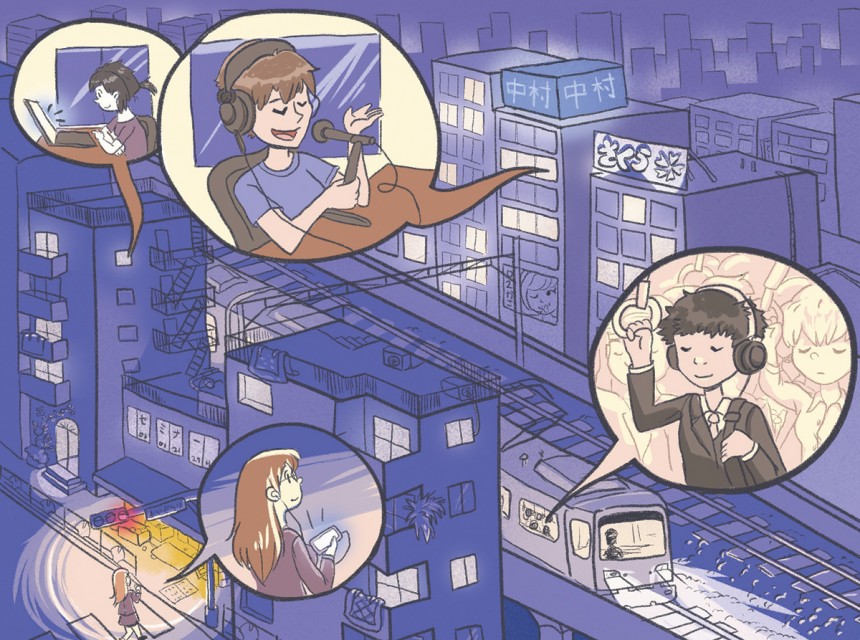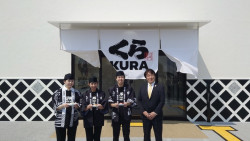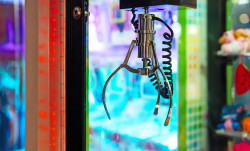
October 10, 2015
Have Mic, Will Broadcast
How podcasting opens doors and makes a difference
One of the great things about technology is that it has put the power of creativity in the hands of more people than ever. I’ve worked in media and publishing for two decades, and over that time, I’ve watched the tools I use evolve dramatically.
When I first started in magazines, I was processing and stripping film, manually assembling color proofs, and boxing up said film to ship across the United States to print. Today, we output PDF files straight from InDesign and upload them to a server for the printing company. It’s simple; things have really changed.
Even more liberating than this is how today’s technology has enabled anyone with a creative vision to express themselves not just through writing—in print or online—but through video and audio. Technology is no substitute for talent, but in the past, many with incredible creative skills and messages to share were locked out of realizing their vision.
Our creative arts focus in this issue highlights how film, graphic design, fashion, and even art forms like ikebana have changed and are flourishing.
One important thing missing from all of this is radio. Well, not radio as we have known it, but rather the rebirth of it. I’m talking about podcasts, which are often described as “online radio shows” to those not familiar with the format. But really, it’s a rethinking of radio, not simply a transition from sound waves traveling through the air to bits traveling across the internet. Just as on-demand services like Netflix and Hulu have changed how we consume television, podcasts are changing the way we consume radio.
This doesn’t just mean traditional programs—though you can get those as podcasts—but new ones made by people like you and me. In the right hands, a microphone, a computer, editing software, and a web host are all that’s necessary to create content of quality equal to what you hear on NPR or BBC.
I began podcasting five years ago, after having been a podcast consumer for five years prior; and it has opened up doors that I could not open before.
I’m a huge Star Trek fan, so naturally that’s where I started. When I recorded my first episode in December 2010, I had no connections with those who created and wrote Star Trek. Today, I’m connected to numerous writers, actors, directors, designers, and others who created the series I love. They sit down with me for hours at a time to talk about their experiences and their work—and I get to share those discussions with fans all over the world. I’ve built an entire network of 20 shows (http://trek.fm), a family of more than 30 hosts, and I even write for the official website that’s run by CBS (www.startrek.com). For a fan like me, it’s a dream come true—and it’s all thanks to podcasting.
But even more rewarding than the connections I’ve made into the franchise, is the way my podcasts help others. Many times each week, I receive a message from someone who tells me that my shows make their commute tolerable, their housework more enjoyable, or helped keep their spirits up while they were sick. Every time someone shares that with me, it lifts my spirits and reminds me that the time, money, and lost sleep I put into creating these shows is worth it. I get to do something I love and make a difference in the lives of others at the same time. What’s better than that?
It’s because of the experiences of the past five years as a podcast producer—and the past 10 years as a podcast consumer—that I’ve brought the medium to Metropolis. Through our show Metropolis On Air, we bring voices and insight to you that transcends the printed page.
Like any creative venture, podcasting takes time, talent, vision, and dedication. But if you have something you’re passionate about, something you want to share with the world, it’s never been easier to connect with like-minded people around the world—and you might open some unexpected doors along the way. Technology has given us all a voice.







